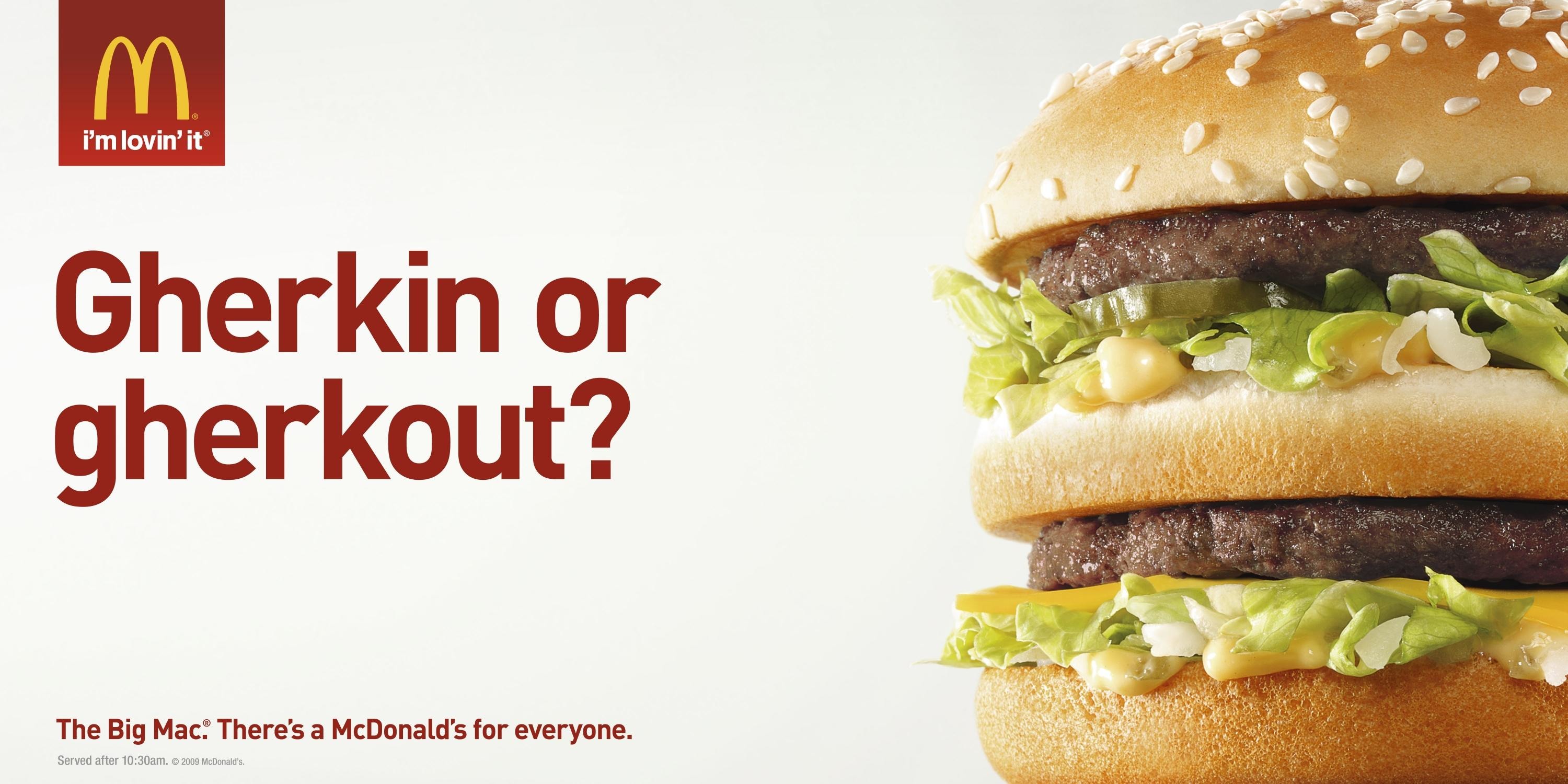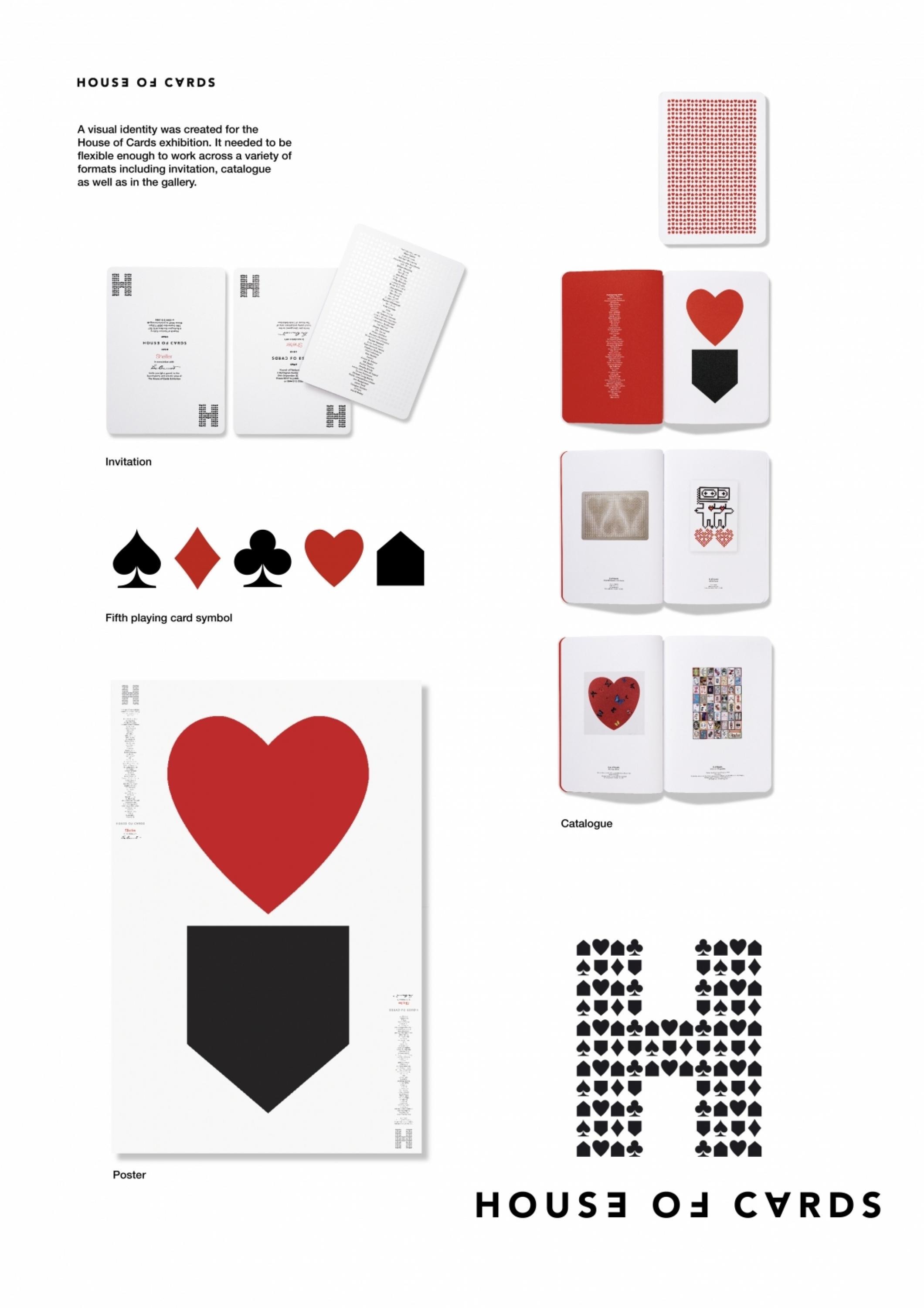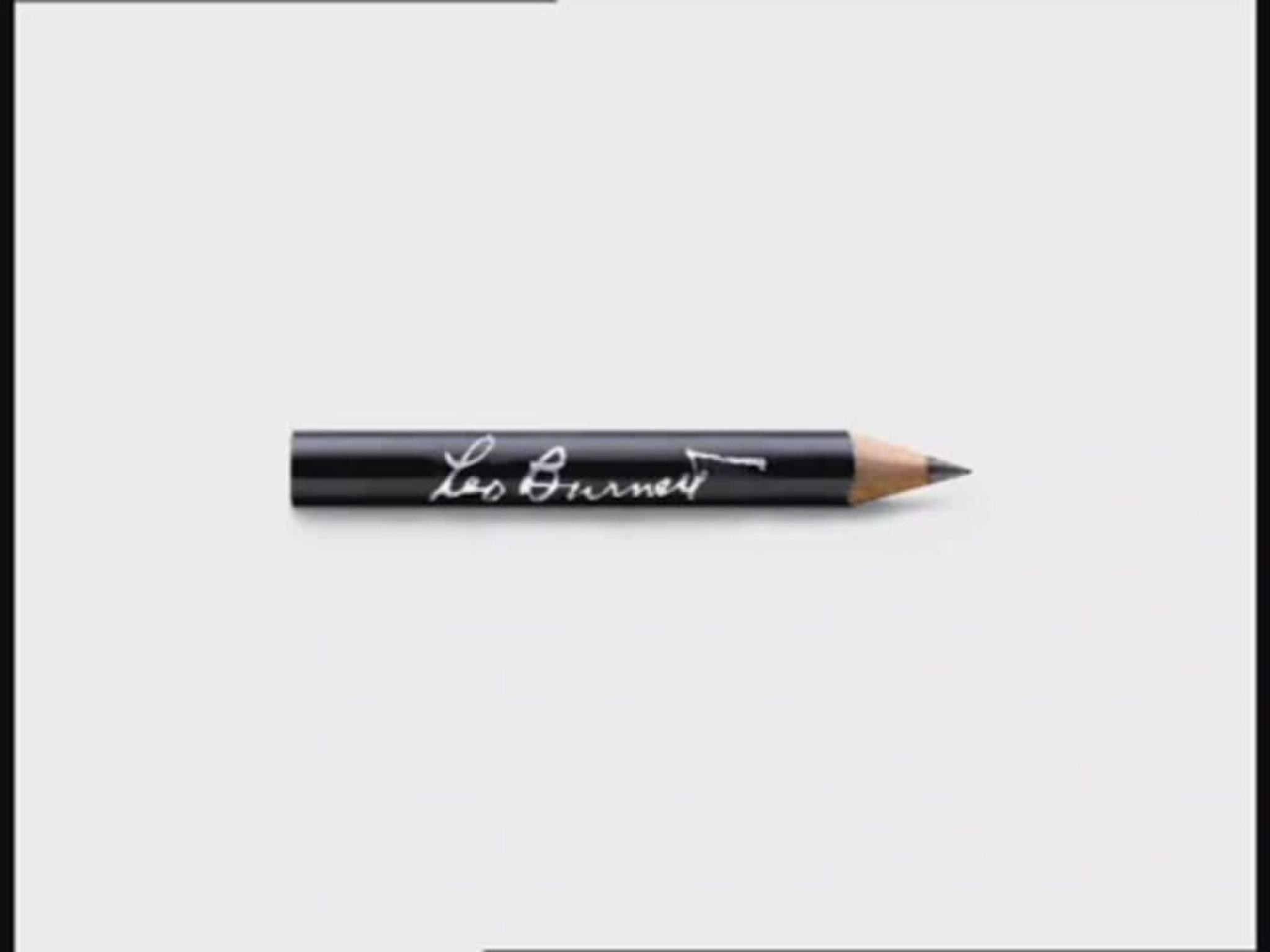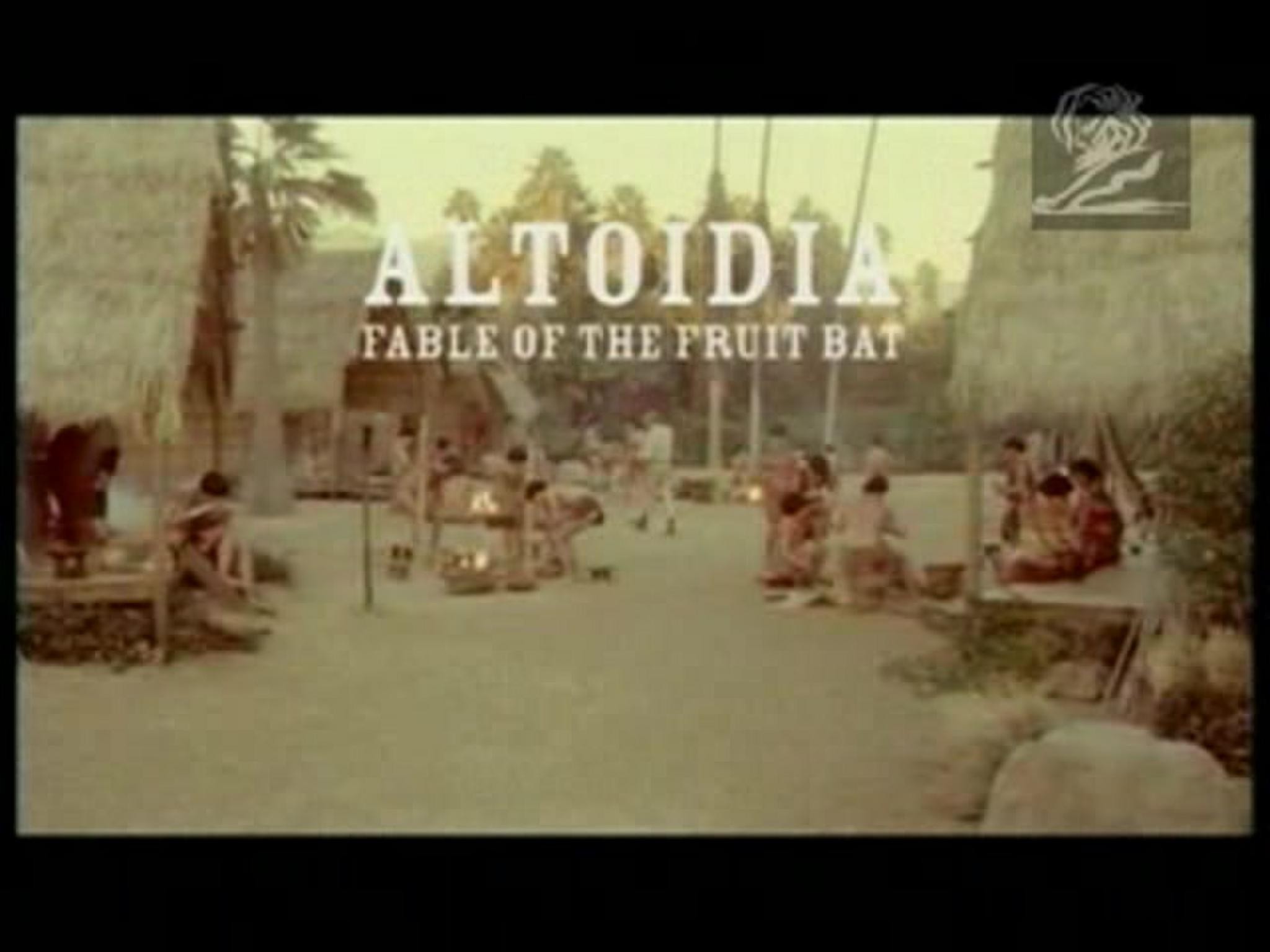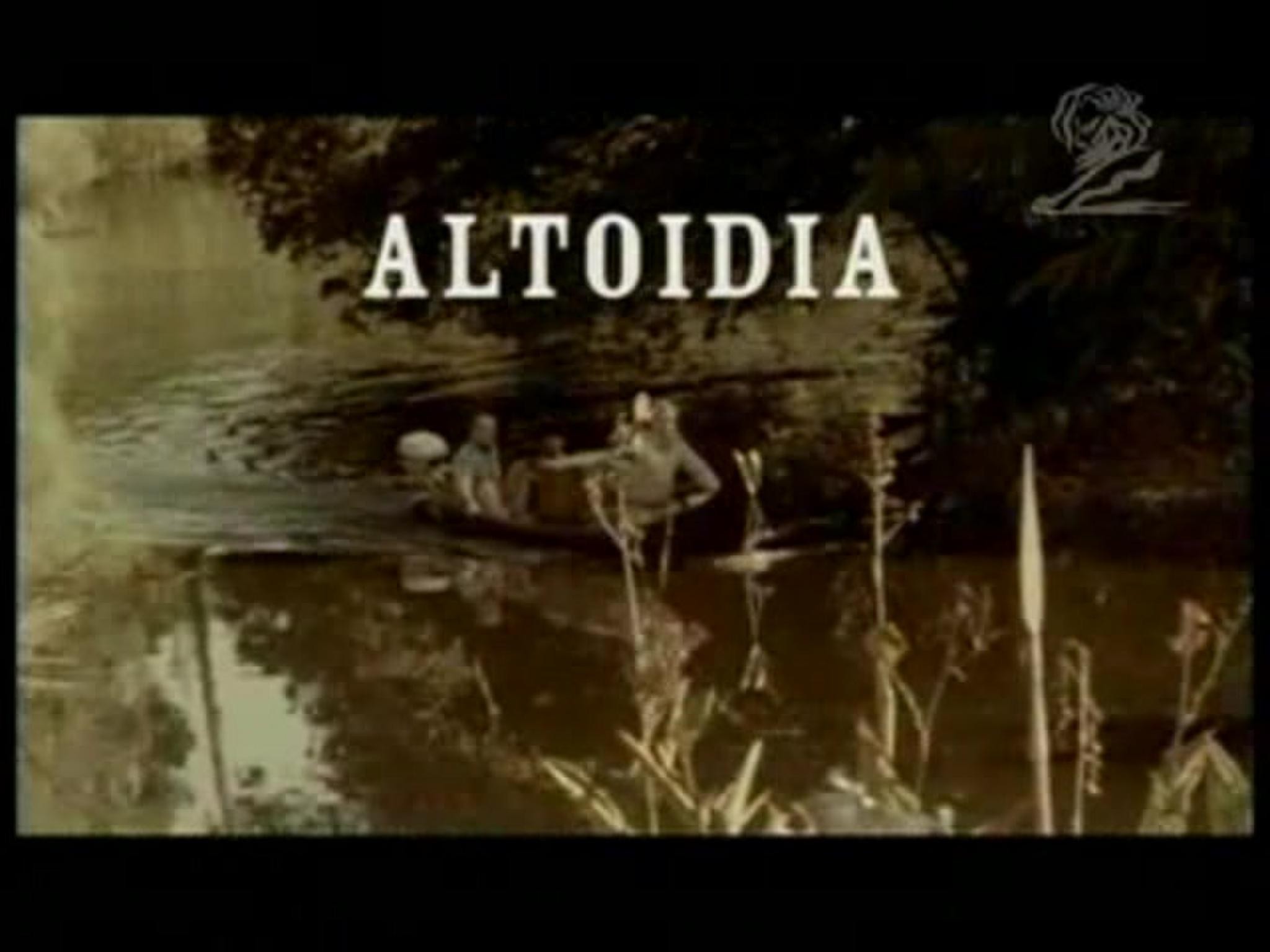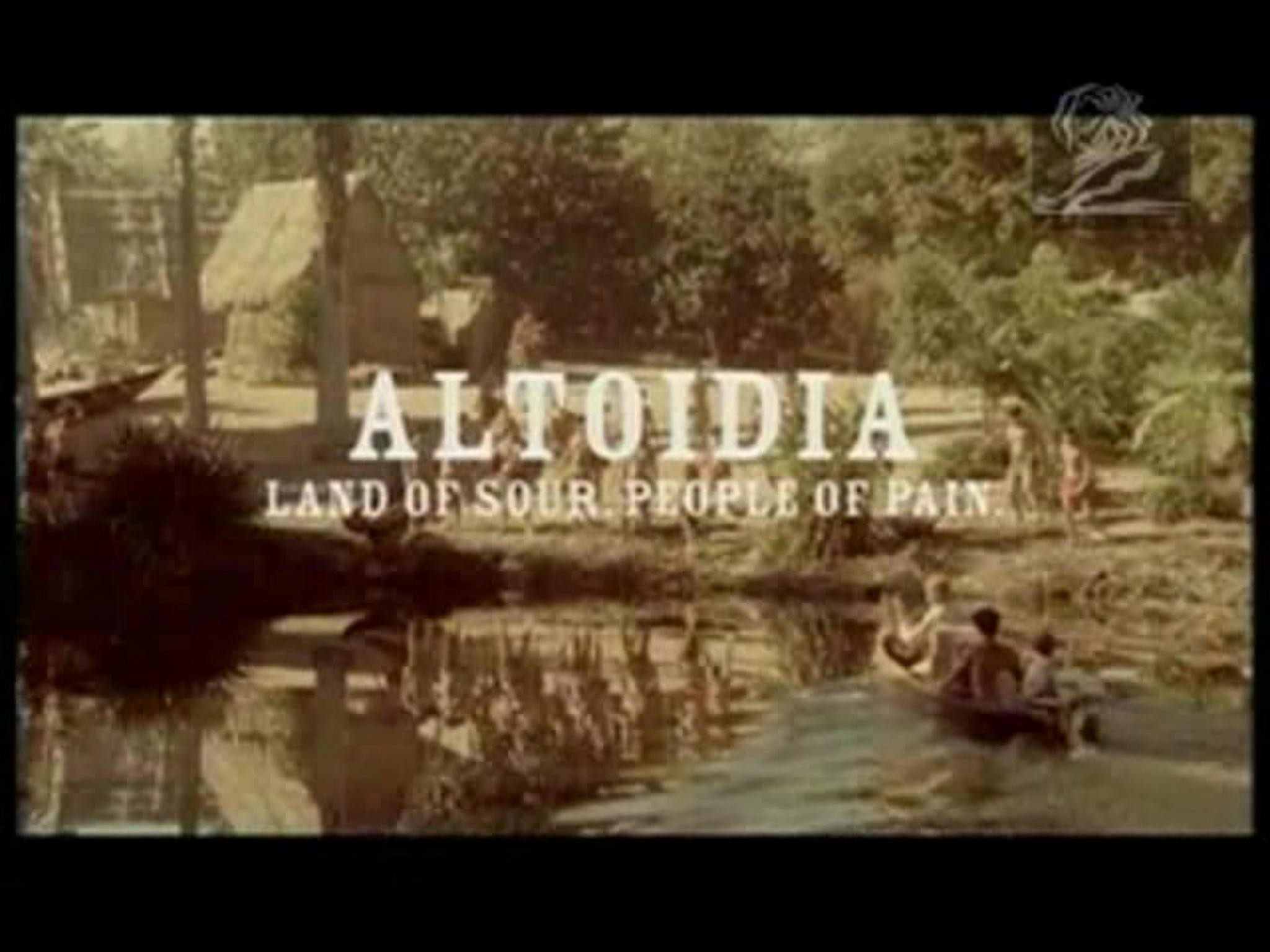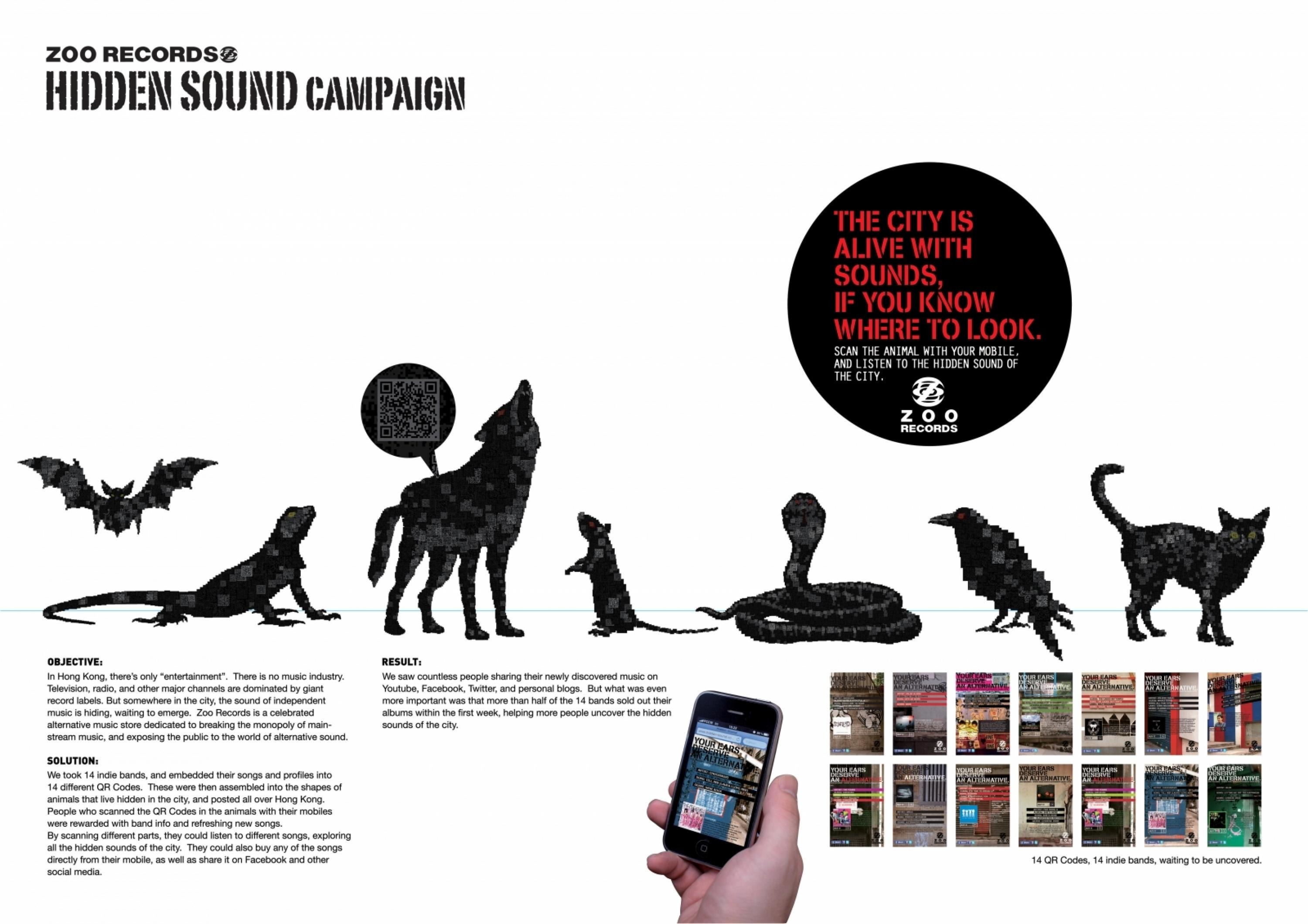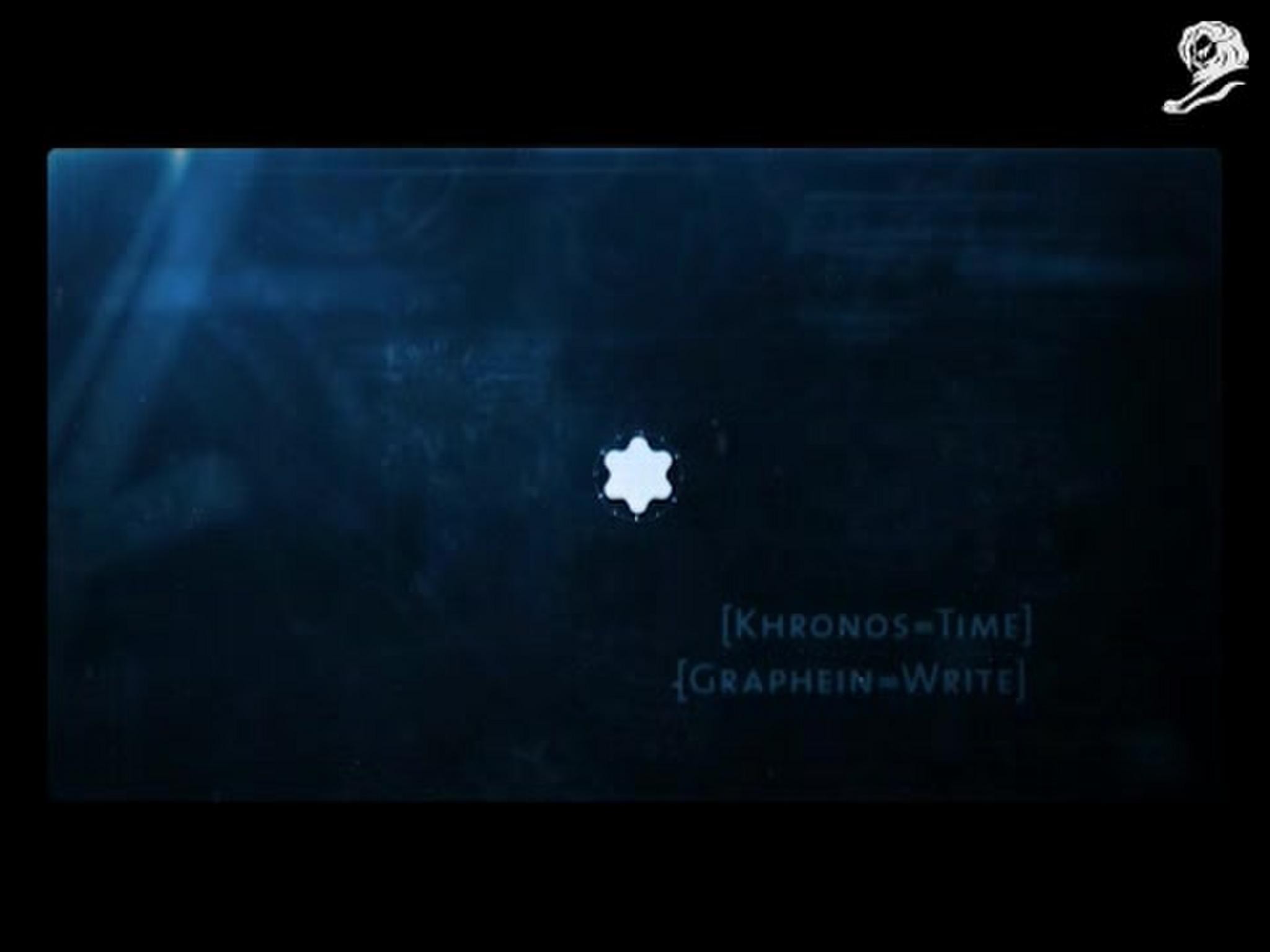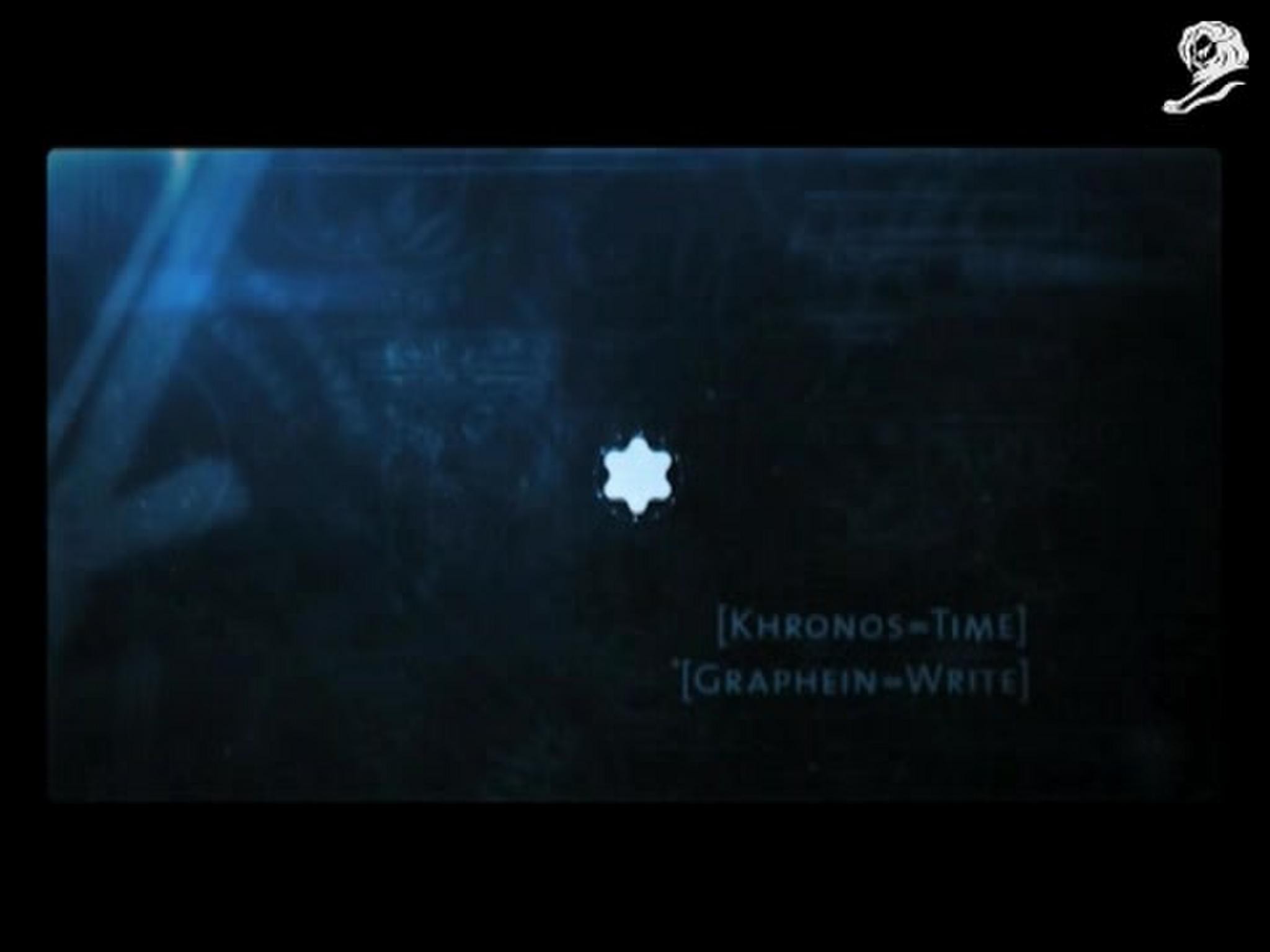Entertainment > Branded Content
DIRTY LAUNDRY
LEO BURNETT, Beirut / ABAAD RESOURCE CENTER FOR GENDER EQUALITY / 2023
Awards:



Overview
Credits
Overview
Why is this work relevant for Entertainment?
To change an unfair law where rape wasn't considered a serious crime, we broke through the status quo with a provocative and disruptive short video.
Narrated in spoken word poetry, a captivating poignant film co-created with Lebanon’s subversively creative influencer, hangs women’s raped bodies on a larger-than-life clothesline by their hair; tackling a patriarchial society’s attitude towards rape head on.
Known for her rebellious lyricism, influencer Remie Akl uses unsettlingly beautiful storytelling, calling out rape for what it really is - a crime - amplifying the importance for survivors to speak up, establishing a serious sentence for a serious crime.
Background
Rape is a serious crime deserving a serious sentence.
In Lebanon, however, this wasn't the case.
Chapter 7 of Lebanon’s Penal code deals with sexual violence crimes, but only sentences rapists to 0-5 years of jail time, reducing rape’s severity to that of other crimes such as robbery or signing wrong checks.
Titled “Crimes That Affect Honor”, Chapter 7 upholds society’s taboo of rape being a matter of a famil'y “honor” rather than a serious crime.
Petrified of being shamed by their families, and without a law to protect them, 60% of rape survivors don’t dare speak up nor seek justice.
As a Lebanese women’s rights NGO, ABAAD sought support to change the law, increase the crime sentence for rape.
Abaad needed to break the silence and encourage survivors to air their “dirty laundry” - sparking its subversive advocacy campaign during the UN’s 16 Days of Activism Against Gender-Based Violence.
Describe the strategy & insight
“Don’t air your dirty laundry”
It's a colloquial Lebanese expression that means:
“Don’t speak of shameful matters, particularly, of rape.”
In 2022, ABAAD conducted a study that found 60% of women who are raped don’t report it because of honor.
And without a law that adequately punishes rapists, rape survivors are left with nowhere to turn for protection or justice.
To substantiate our advocacy campaign in amending the law to protect survivors, we had to stop society’s shaming and blaming towards them - to end the notion of women’s raped bodies being dirty laundry.
Changing this entrenched taboo required content that not only disrupts the public’s rape-shaming attitude, but sparks engagement and dialogue around rape’s severity.
To break the silence, we decided to spread women’s “dirty laundry” in open air.
Describe the creative idea
"Raped bodies are not dirty laundry."
To pressure lawmakers into increasing rape crime sentences, ABAAD’s advocacy campaign demanded they treat rape as a serious crime that needs a serious sentence.
But if it was treated and seen as dirty laundry that shouldn't be displayed or washed in public, then we needed to break the deafening silence around rape.
We wanted to abolish the belief that rape is the survivor’s fault.
And we wanted to stop the societal taboo that rape stories are too shameful to be spoken about.
We set out to bring this idea to life through partnering with 2 key female influencers in Lebanon who were known for being vocal about inequalities and prejudices in what tends to be a patriarchal society.
Describe the craft & execution
We co-created a bold film with a popular Lebanese artist known for taking on prejudices - Remie Akl.
The film uses a whimsically poignant approach to illustrate the absurdity of women’s raped bodies being “dirty laundry”, opening with a larger-than-life clothesline of women hung by their hair with huge laundry pins.
The cast members bring diverse survivor stories to life while serving as protagonists who, unapologetically, stand in the face of a patriarchal society.
This includes the catwalk scene, whereby the cast empowers women to speak up, to “air their dirty laundry", despite walking in an alley; the very depths of Lebanese society’s judging eyes that survivors must face on the daily.
“Dirty Laundry” is the first anti-rape manifesto of its kind to dare emerge in the Middle East, gaining immense traction on social media and sparking change i.e. treating rape as a serious crime deserving of a serious sentence.
Describe the results
In a society where raped women were silenced, shamed and labelled “dirty laundry”, ABAAD liberated them in the most unprecedented way known to the Arab world.
Legal Impact:
• Lawmakers had no choice, but to hear our demands. 8 out of 10 Parliament parties gave their commitment to increase the rape sentence.
Media impact:
• Gained local, regional and global media attention, cracking open a wider discussion around rape. Additionally, popular, trusted figures publicly advocated for the cause.
• Earned media value: $2.6 million.
Engagement impact:
• Impressions: 448 million.
• Views: 75.2 million.
• Engagements: 4.3 million.
• Shares: 315,000.
• Likes: 3.6 million.
• Comments: 77,000.
• #1 Trending hashtag on Twitter within thirty minutes of launch.
Is there any cultural context that would help the jury understand how this work was perceived by people in the country where it ran?
The belief that rape survivors are to blame has become intrinsically woven into Lebanese society’s DNA, and women’s bodies are merely carriers of honor and dignity. Survivors are told not to air their “dirty laundry”, a common expression in Lebanon meaning they should stay silent about “shameful matters” like rape, so they don’t tarnish their families’ reputations.
In addition to having their voices silenced by a patriarchal society, rape survivors in Lebanon are cursed with a law that sides with their rapists instead of them.
The injustice needed to be broken. Challenged. And changed.
Women in Lebanon shouldn’t be at the mercy of laws that shift the blame of shame on survivors rather than on their rapists. These laws are grotesque, unimaginable and unfortunately, real. A reality that we set to change in the most politically correct and socially acceptable manner by amending Chapter 7 of the Lebanese penal code.
More Entries from Fiction Film: Up to 5 minutes in Entertainment
24 items
More Entries from LEO BURNETT
24 items

















